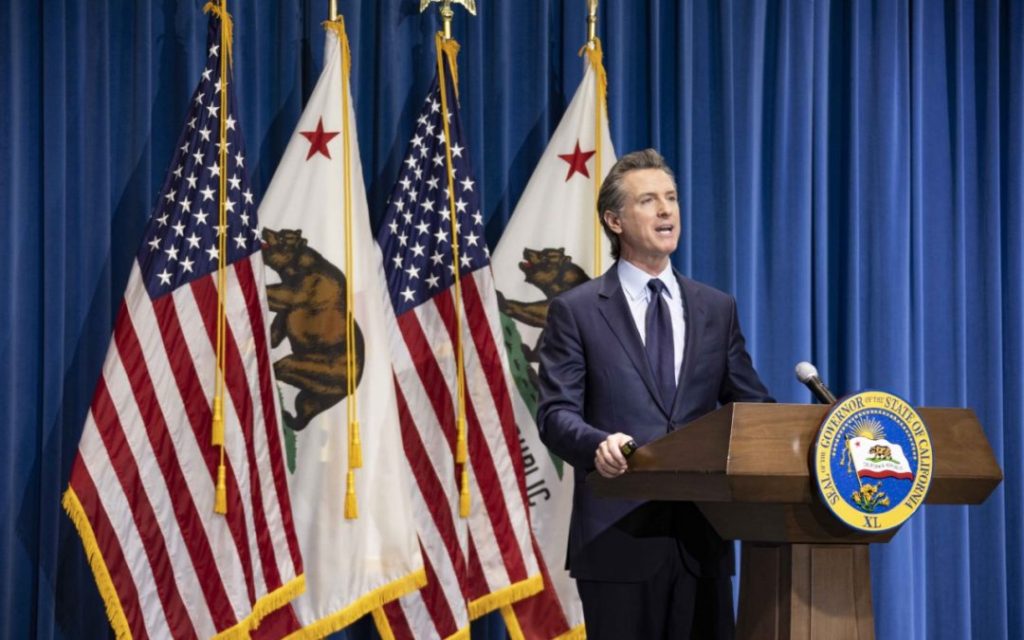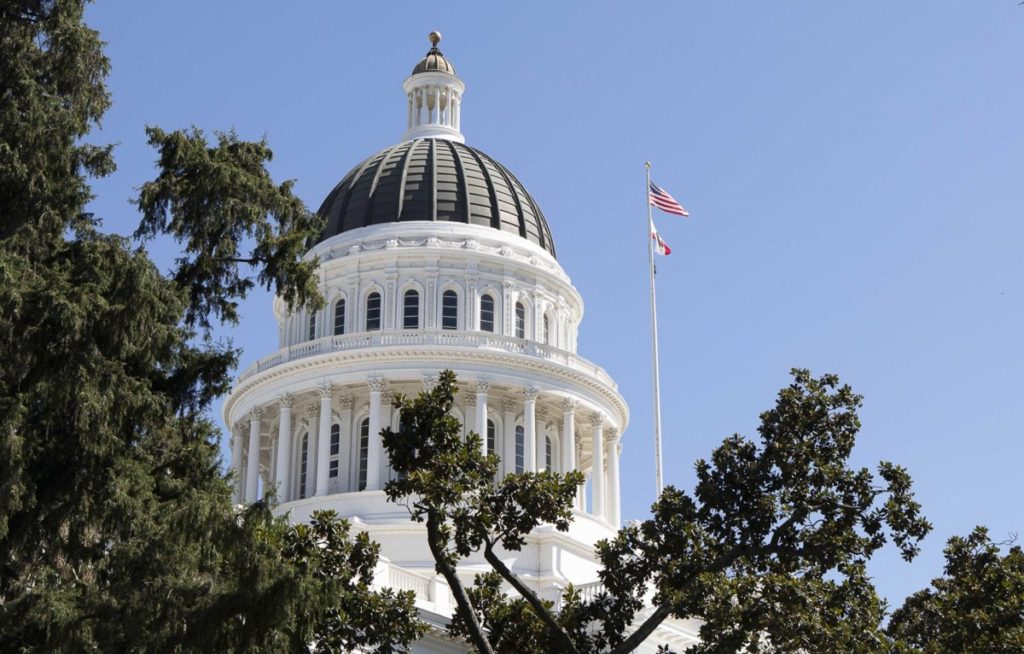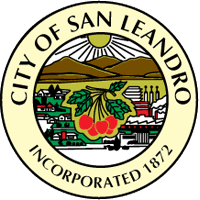California Approves Relief Package for Residents and Small Businesses
On Tuesday, February 23, 2021, Governor Newsom announced the approval of a package of immediate actions that will speed needed relief to individuals, families and businesses suffering the most significant economic hardship from the COVID-19 recession.
The package provides cash relief to lower-income Californians, increases aid to small businesses and provides license renewal fee waivers to businesses impacted by the pandemic. In addition to these measures, the package provides tax relief for businesses and commits additional resources for critical child care services.

Below is a summary based on current understanding of the program, full details may be found in the press release.
Relief for Small Businesses Quadrupled
The relief package reflects a four-fold increase – from $500 million to more than $2 billion – for grants up to $25,000 for small businesses impacted by the pandemic, and also allocates $50 million for cultural institutions.
Small business grants are being allocated through the California Small Business COVID-19 Relief Grant Program. While details are not finalized, it appears that additional funds will be allocated to provide grants to more businesses that have applied to the program, and potentially to allow for additional businesses to apply to the program. Visit www.CaReliefGrant.com for more information.
The package also partially conforms California tax law to new federal tax treatment for loans provided through the Paycheck Protection Plan (PPP), allowing companies to deduct up to $150,000 in expenses covered by the PPP loan. All businesses that took out loans of $150,000 or less would be able to maximize their deduction for state purposes. Larger firms that took out higher loans would still be subject to the same ceiling of $150,000 in deductibility. This tax treatment would extend to the Economic Injury Disaster Loans as well.
Fee Waivers for Most Impacted Licensees
The relief package provides for two years of fee relief for roughly 59,000 restaurants and bars licensed through the state’s Department of Alcoholic Beverage Control that can range annually from $455 to $1,235. The agreement also reflects fee relief for more than 600,000 barbering and cosmetology individuals and businesses licensed through the Department of Consumer Affairs.
Direct Relief to Individuals and Families
The package includes plans to assist California households disproportionately burdened by the COVID-19 recession – those with incomes below $30,000, as well as those excluded from previous federal stimulus payments.
The relief package provides $600 in one-time relief to households receiving the California Earned Income Tax Credit (EITC) for 2020. In addition, the agreement provides a $600 one-time payment to taxpayers with Individual Tax Identification Numbers (ITINs) who were precluded from receiving the $1,200 per person federal payments issues last spring and the more recent $600 federal payments. The plan provides $600 payments to households with ITINs and income below $75,000. ITIN taxpayers who also qualify for the California EITC will receive a total of $1,200. The payments will be provided to these households shortly after they file their 2020 tax returns.
The package also provides direct relief to more lower-income Californians through a $600 one-time grant to households enrolled in the state’s welfare program, CalWORKS, and recipients of Supplementary Security Income/State Supplementary Payments (SSI/SSP) and Cash Assistance Program for Immigrants (CAPI). Grant payments for CalWORKS households are expected by mid-April; timing for the delivery of SSI/SSP and CAPI grants is currently under discussion with federal officials.
Combined, the package represents a total of $5.7 million in payments to low-income Californians.

More Resources for Critical Child Care
The relief package adds just over $400 million in new federal funds that will provide stipends of $525 per enrolled child for all state-subsidized child care and preschool providers serving approximately 400,000 children in subsidized care statewide. The new federal resources will extend care for children of essential workers through June of 2022, and funds increased access to subsidized child care for more than 8,000 children of essential workers and at-risk children – who are not currently served in the system – through June of 2022.
Separate discussions continue on measures for the safe reopening of the state’s K-12 schools, including strategies to address learning loss caused by the pandemic.
Additional Aid for Individuals and Families
The package also provides an additional $24 million for financial assistance and services through Housing for the Harvest – a program providing support for agricultural workers who have to quarantine due to COVID-19. The agreement also provides a combined $35 million for food banks and diapers.







What happens to people like me that didn’t have enough income to file? I would have received $17.00 back from the state if I had filed.